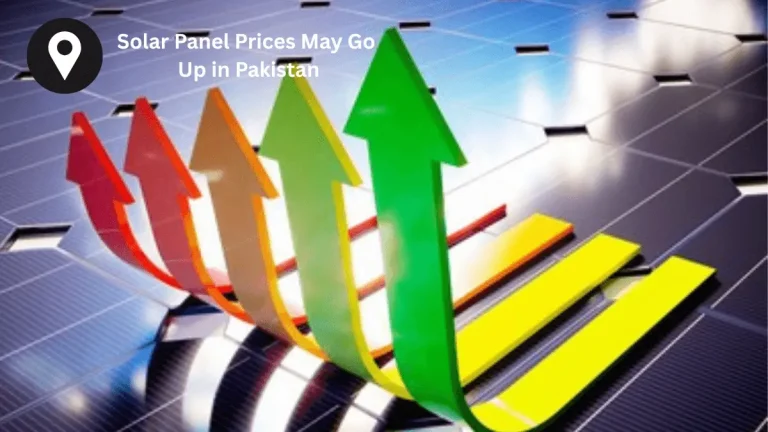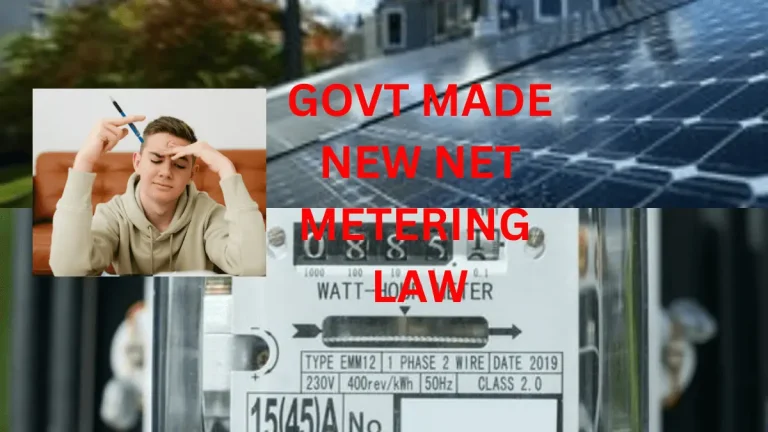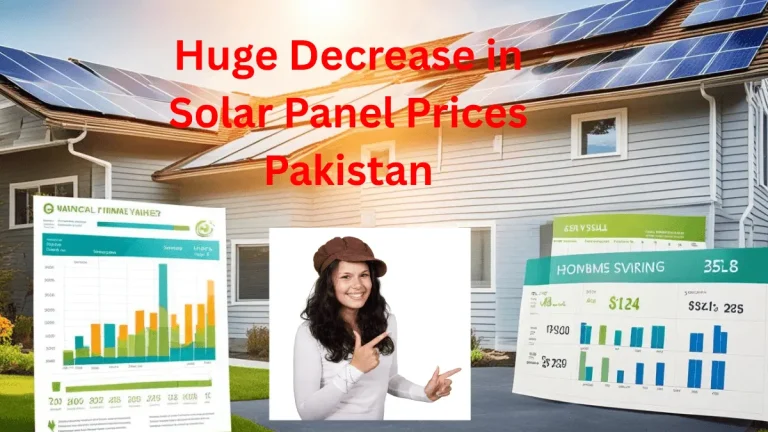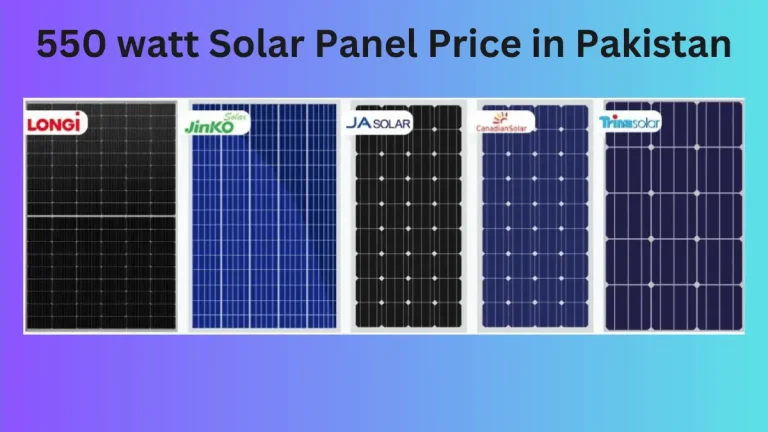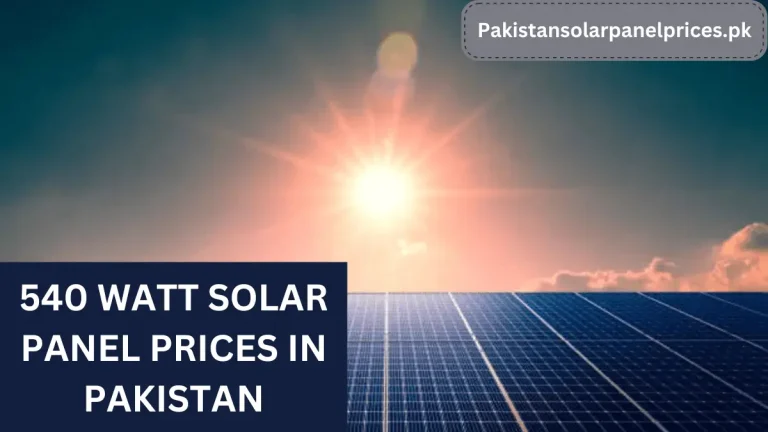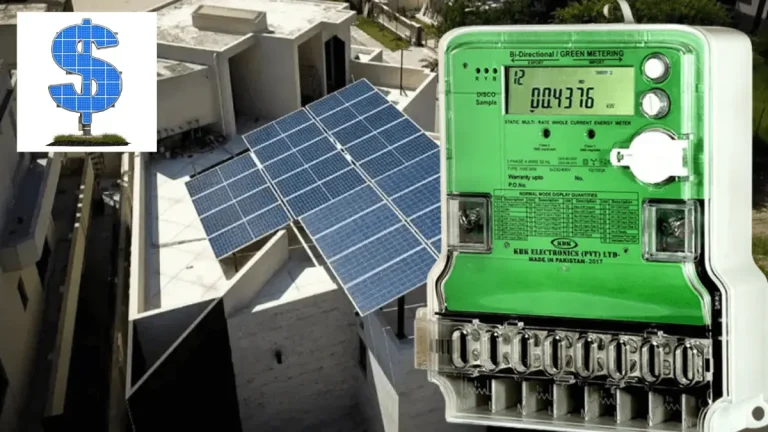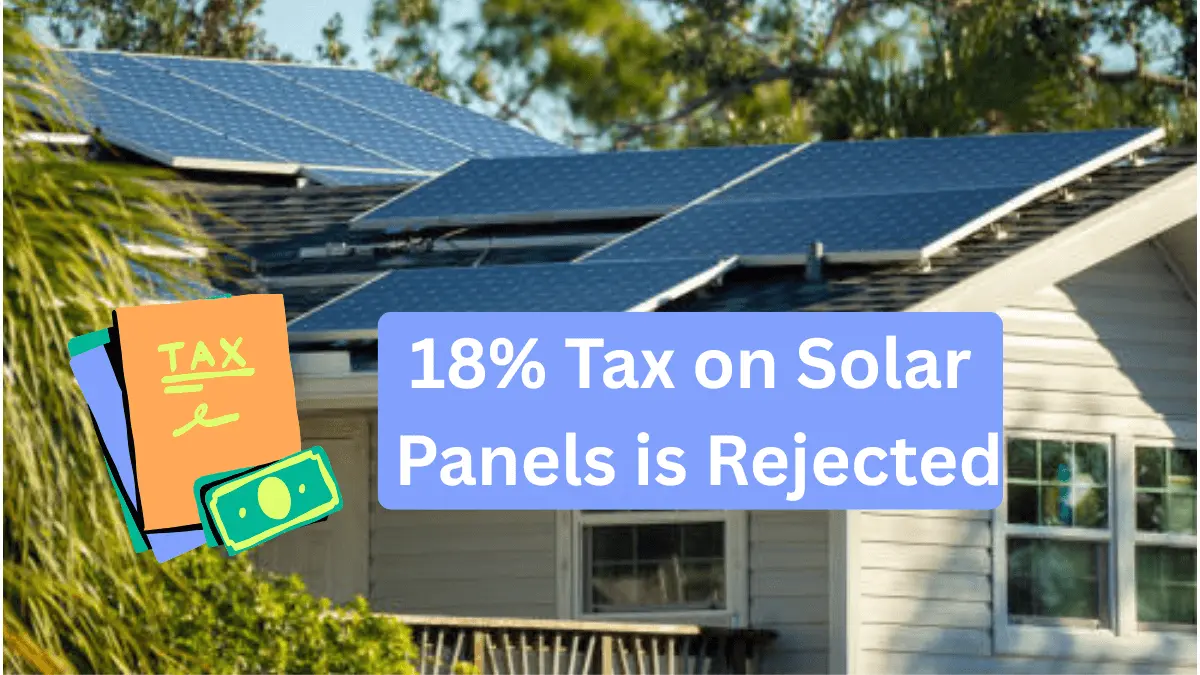
18% Tax on Solar Panels is Rejected
The 18% tax on solar panels is rejected by both committees amid IMF pressure, with one government official stating that this might be a very unfavorable decision and that public interest should take precedence over everything else, as per the Finance Bill 2025-26. The official further said, that the cost of energy in Pakistan is very high, the target of going green will become tougher as Pakistan is suffering from a climate change thus far by taking all the things into the account we did not support the bold move of government to impose 18% extra taxes on solar panels.
Finance Bill
A few days ago, Minister of Finance Muhammad Aurangzeb announced the complete budget plan of fiscal year 2025-26, he said the government have decided to put extra burden or tax on imported products either they are digital or physical products and said 18% general sales tax has been imposed on solar panels as well, but all political parties denied this decision. And the government will earn the extra RS20 billion in this regard.

FBR and Parliamentary Committee
The clarification on the proposed sales tax is directly shared by the chairman of FBR, by said there is zero tax on fully imported photovoltaic cells and solar panels. But if the products are imported and assembled by local individuals and companies, then there will be a tax on them. All of a sudden, the meeting held by Syed Naveed Qamar disagrees with the decision of the government on imposing sales tax by saying renewable energy is compulsory for everyone in the country. By imposing the tax, we will be unable to achieve the target of going green in the country.

Fraud of Tax and Solar Panels
After the rejection of the imposed tax on solar panels, the FBR chairman said, the import of solar panels has increased by 32,000 MW in the last 5 years. But a solid amount of 13,000 MW was not utilized this remains a major concern. He further said that A large number of companies are not paying tax after earning a massive amount of money from the Pakistani market by giving up the example of Temu. But MNA Shahida Akhtar Ali advised the government to put extra taxes on soft energy products rather than solar panels, and later on, the parliamentary committee rejected the imposition of an additional 18% sales tax on solar panels.

Increasing Prices After The Tax
The parliamentary committee said that after imposing the tax, the prices of solar panels have increased in no time. The solar panels saw an increment of 2000-5000 pkr per panel after the tax. It will be a very hilarious and tough situation for the poor one who is already suffering from higher energy costs and thinking about going towards solar energy. But the FBR said the imposition of taxes is the right option as there are more than RS 65 billion has flown out of the country, which comes in money laundering. But the suggested committee denied this obligation and said the quality of imported solar panels is very high if we compare them with the local ones. And also, the prices are very high, so we are not going to impose the additional 18% levy in terms of taxes on solar panels.
Conclusion
The imposition of an 18% tax on solar panels is rejected by the parliamentary committee after the announcement was made in the annual budget of 2025-26. The board of revenue in Pakistan said this will not be a good sign, as a huge amount of money will fly away from the country. But the formed committee decided the other way, stating that this imposition of tax will be a very negative sign for the country, as the cost of energy is very high, and the target of going green with the help of renewable energy won’t be achieved, as Pakistan are suffering from climate change the renewable energy will help us in protecting our environment a lot.

